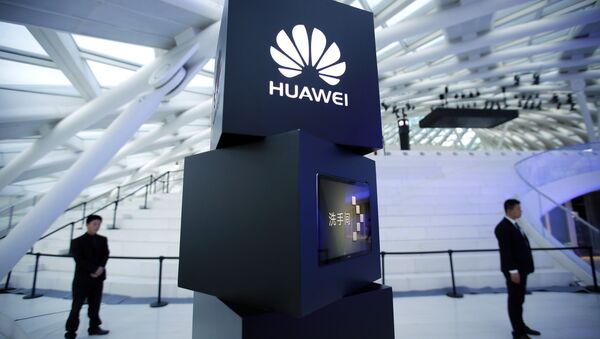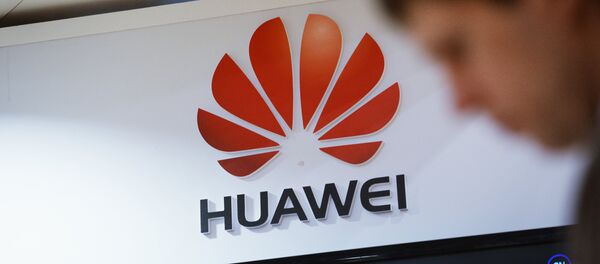The US and and its allies began restricting the Shenzhen-based telecoms giant's access to national markets, citing fears that Beijing's 5G and telecoms products were a threat to national security.
Despite this, revenues for the firm reached 721.2bn RMB and net profits skyrocketed 25 percent to nearly 60bn yuan, according to the company's 2018 annual report.
Huawei has adamantly denied the allegations, stating that it was an independent company. The firm's revenues surged 19.5 percent last year, the highest in two years, and was due to a high number of smartphone sales in China.
But Huawei's carrier business, which manufactures and sells components for telecoms infrastructure to global markets, fell 1.3 percent.
Huawei is currently the global market leader in telecoms equipment sales, but faces resistance from countries across Europe, North America and Australasia, many whom have accused the telecoms firm's 5G mobile infrastructure of posing security risks.
— Huawei Technologies (@Huawei) 29 March 2019
Australia, New Zealand, Canada, Japan, Poland and others have completely blocked Huawei from selling technologies to local firms due to the company's next-generation 5G technologies. The UK issued a report in February accusing the Chinese government, as well as telecom companies and academics of using subterfuge to gain footholds in Western democracies.
READ MORE: RUSI Brexit Report Attacks China's Rise, Belt and Road Without Citing Evidence
But countries such as France, Germany, Hungary, Thailand and Italy have fought back, slamming US claims against the Chinese telecoms firm. French foreign minister Bruno Le Maire said in an interview with Le Figaro that the US was increasingly becoming a "difficult partner" as the "Chinese giant" was asserting itself on the international stage, adding that it was time for Europe to establish itself as an "an independent, sovereign power protecting and investing in its own technologies".



